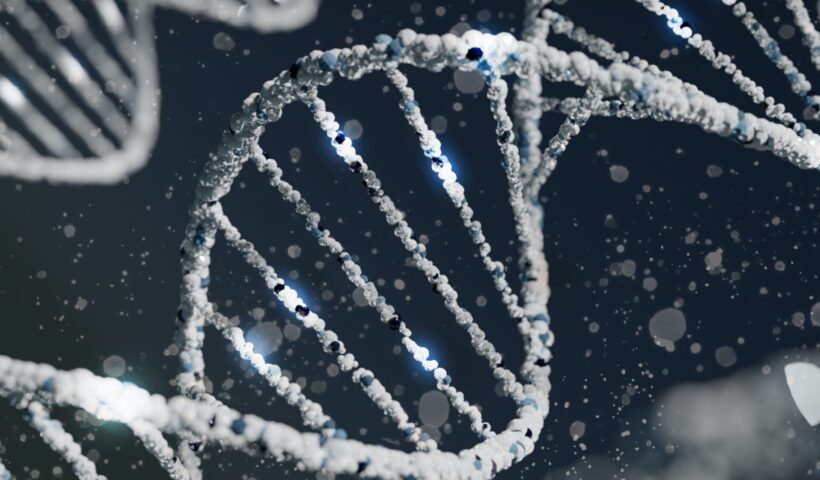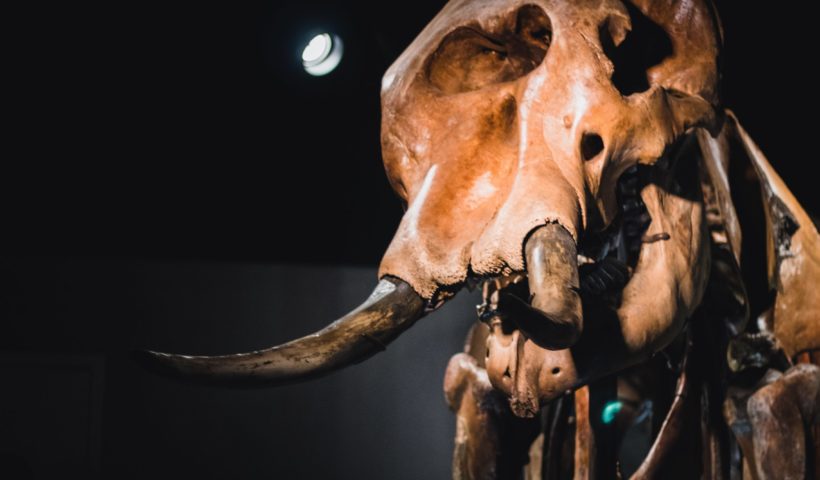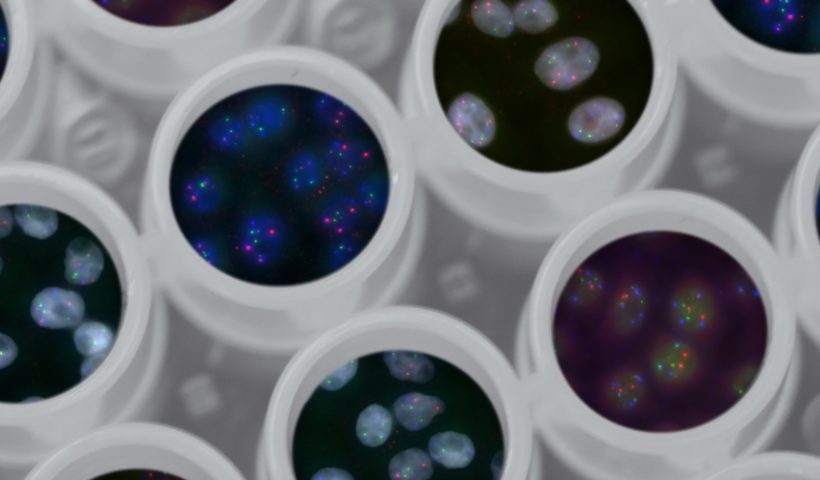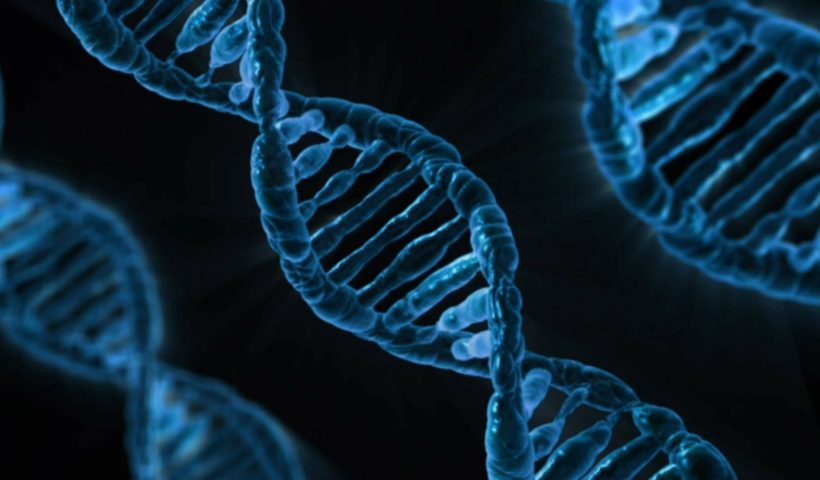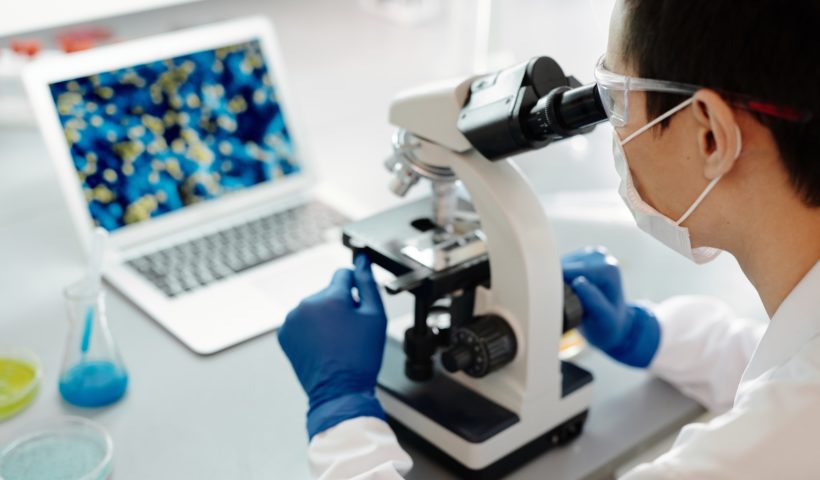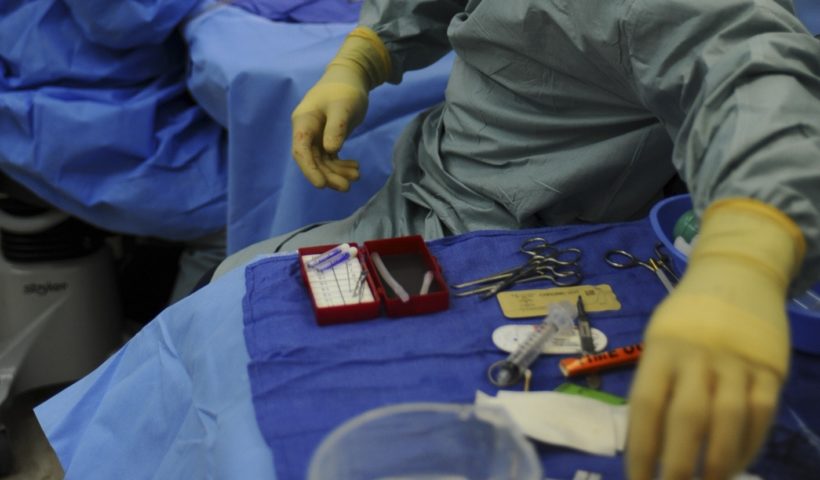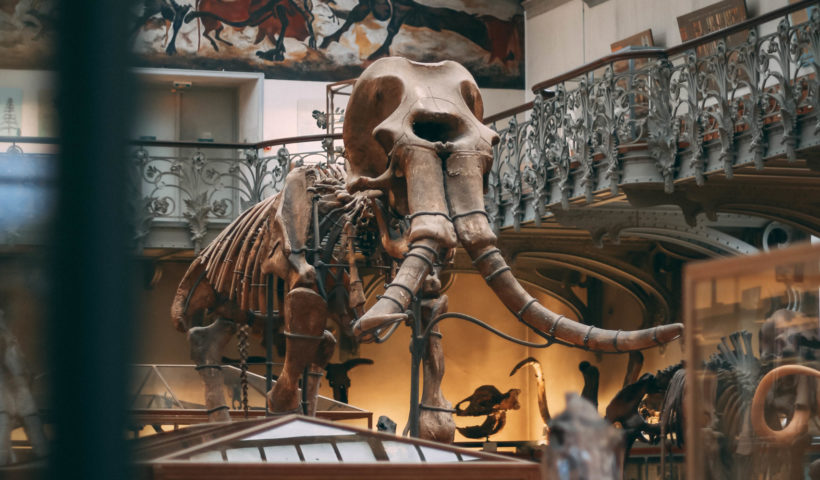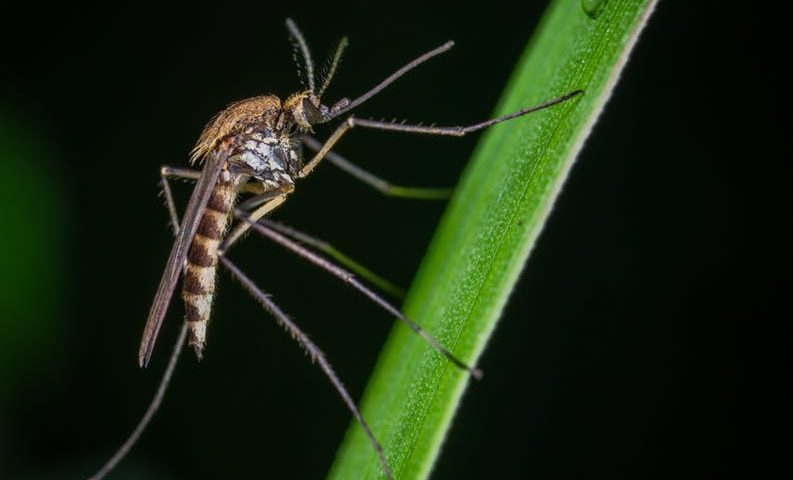HIV and AIDS have devastated the lives of millions of people worldwide. Antiretroviral therapy (ART) has completely transformed the reality of those impacted by HIV and AIDS, turning a death sentence into a much longer and healthier life. However, heavy pill burdens, drug resistance, and a lack of equity in current treatment make ART unethical as a long-term, permanent solution. It is up to biomedical engineers to find an ethical way to treat or cure the millions of people impacted by this virus. Genetically engineering humans (GEH) has shown great promise in improving treatment and finding a cure for HIV. If the engineers making these edits follow very thorough and specific guidelines, genetic engineering can be an ethical alternative to ART.
View More To GEH or Not to GEHTag: Genetic Engineering
Reviving Extinct Species: Science Fact or Fiction?
The extinction of any species causes irreversible damage to the ecosystems they once inhabited. Now, scientists are seeking ways of reversing that damage by bringing back extinct species through genetic engineering. This has sparked a debate on whether these efforts are genuine attempts at wildlife conservation, or a naïve business venture that pulls resources from the species that need help in the present.
View More Reviving Extinct Species: Science Fact or Fiction?Growing Up with CRISPR
The three known children with successfully edited genomes through CRISPR are now raising questions about health, safety, and surveillance for genetically modified humans. Although their well-being is paramount, how do parents, researchers, and lawmakers balance physical, mental, and financial well-being throughout the childrens’ lives?
View More Growing Up with CRISPRCuring the Human Condition: The Ethics of Editing Our Own DNA
Thirty-two million Americans currently have health conditions linked to genetic defects, nearly all of which can be corrected by genetic editing with CRISPR-Cas9 technology. Opponents of gene editing abound, from those who point to their potential role in increasing the privilege gap between the rich and poor, to people who object morally to the idea of humans meddling with their own DNA, to pharmaceutical companies whose profits would be threatened by a reduced need for medication. However, after analysis of the ethicality of genetic editing technology with the frameworks of common good, utilitarianism, and fairness, it is evident that the eventual species-scale benefits that will be brought about by the technology outweigh its risks and flaws.
View More Curing the Human Condition: The Ethics of Editing Our Own DNABiohacking: The Ethical Implications of Democratizing Biotechnology
Biohacking is a Do-It-Yourself movement that encourages experimenting with biotechnology tools to find ways to improve one’s health and enhance one’s natural capabilities, and many in the movement advocate for the democratization of scientific tools so that everyone can participate in such scientific discovery. However, some biohackers take their experimentation to the extreme, and not all of them seem to understand the responsibility and risks associated with the scientific methods they employ. As a result, tension between the biohacking community and the professional science community has grown as biohacking continues to increase in popularity. Though the biohacking movement makes salient points about the way ethical precautions and regulation slow innovation, this paper explores the need for codes of ethics governing the pursuit of scientific discovery and how biohackers and traditional, trained scientists can reach common ground.
View More Biohacking: The Ethical Implications of Democratizing BiotechnologySurgeons Perform First Successful Pig-to-Human Transplant Using a Genetically-Engineered Animal
In a revolutionary feat of science, medicine, and engineering, surgeons at NYU have successfully transplanted a pig kidney into a human. However, as biotech companies rush to develop suitable animal organs for transplants, we must address the ethical concerns behind xenotransplantation.
View More Surgeons Perform First Successful Pig-to-Human Transplant Using a Genetically-Engineered AnimalA Mammoth Feat: Colossal Biosciences Plan to Bring Back an Extinct Speciess
A company is proposing a Jurassic Park-esque project — to use CRISPR technology to resurrect the Woolly Mammoth in hopes the animals can restore the grasslands of the Arctic and maybe even reduce climate change.
View More A Mammoth Feat: Colossal Biosciences Plan to Bring Back an Extinct SpeciessProblems with CRISPR: Unintended Brain Enhancement on China’s Gene-edited Twins
3/1/2019 Profiled article A. Regalado, “China’s CRISPR twins might have had their brains inadvertently enhanced”, Feb. 21, 2019. [Online] MIT Technology Review. Available at: https://www.technologyreview.com/s/612997/the-crispr-twins-had-their-brains-altered/ [Accessed 24…
View More Problems with CRISPR: Unintended Brain Enhancement on China’s Gene-edited TwinsClean Meat or Lab Meat
2/8/2019 Profiled article W. Johnson, A. Maynard, and S. Kirshenbaum. “Burgers grown in a lab are heading to your plate. Will you bite?” The Washington…
View More Clean Meat or Lab MeatFighting the Feverish Flyers
It has been estimated that 50 million to 100 million people are infected by dengue fever each year, a number that is larger than the…
View More Fighting the Feverish Flyers
